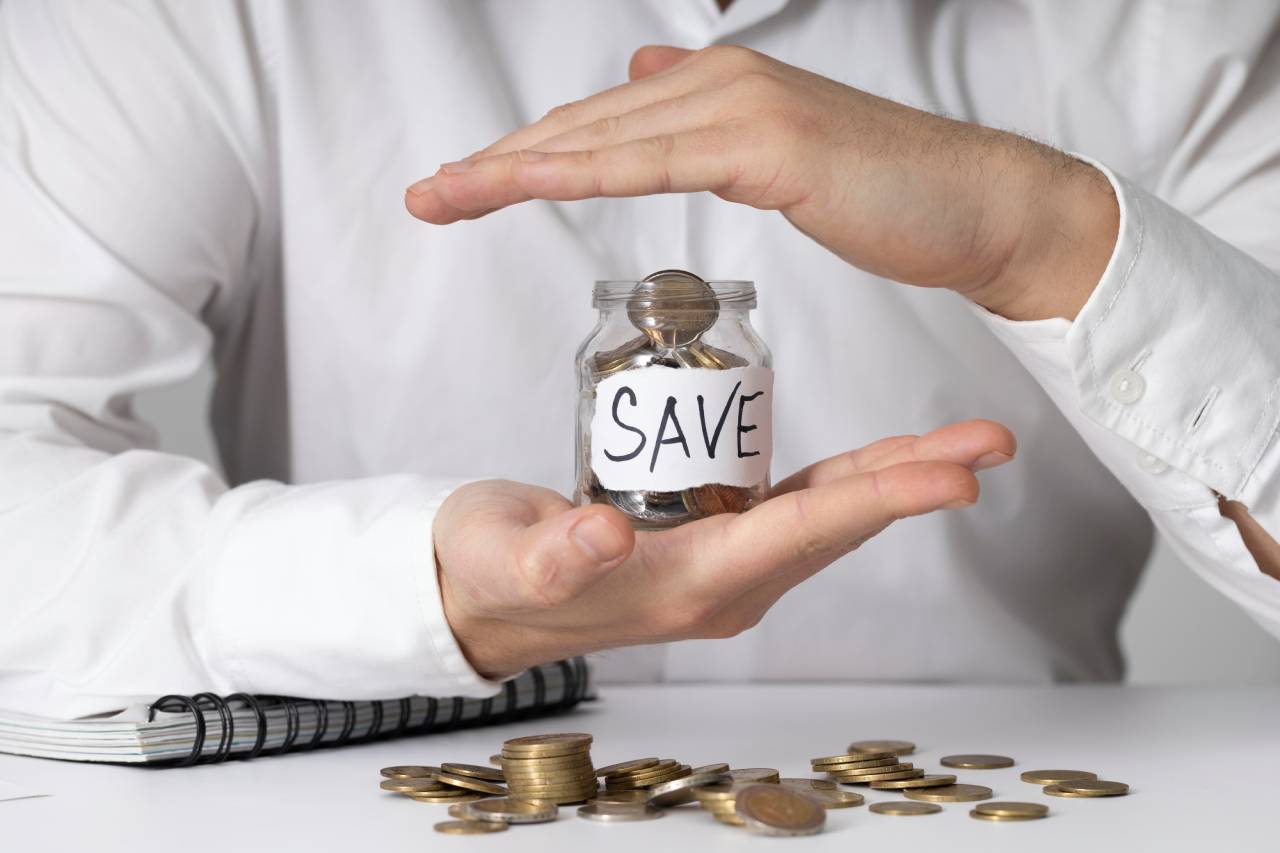Life can be unpredictable. Whether it’s an unexpected car repair, a sudden medical expense, or a job loss, having a financial safety net can make all the difference – that’s where an emergency fund comes in. It’s your financial buffer against life’s unexpected twists and turns, giving you peace of mind and protecting your financial wellbeing. But what exactly is an emergency fund, and how do you go about building one, especially if you’re on a tight budget? Let’s dive into the details.

The Importance of an Emergency Fund
An emergency fund is money set aside specifically for unplanned expenses. Think of it as your financial safety net that can help you cover emergencies without relying on credit cards, loans, or dipping into long-term savings like superannuation. It’s about ensuring you can tackle life’s challenges with minimal financial stress.
The importance of an emergency fund can’t be overstated:
- Reduces Financial Stress: Knowing you have funds available for unexpected costs can significantly reduce anxiety.
- Prevents Debt Accumulation: Instead of turning to high-interest debt options like credit cards, your emergency fund covers you, allowing you to avoid interest charges.
- Increases Financial Independence: With an emergency fund, you won’t need to borrow money from friends or family when faced with unforeseen expenses.
- Improves Decision-Making: Without the pressure of financial instability, you can make more thoughtful, long-term decisions, such as leaving a toxic job or moving house when needed.
How Much Should You Save?
The amount you need in your emergency fund will depend on your personal circumstances, but a general rule of thumb is to save enough to cover three to six months’ worth of living expenses. This includes rent or mortgage payments, groceries, utility bills, and other essential expenses. For example, if your monthly expenses total $3000, aim to save at least $9000 to $18,000.
While that may sound daunting, don’t worry if you’re not there yet. Start small and work your way up. Even $1000 can provide some initial security, covering minor emergencies like car repairs or a medical bill.
Where Should You Keep Your Emergency Fund?
It’s essential to keep your emergency fund somewhere safe, liquid, and accessible. You don’t want these funds tied up in investments that could drop in value, nor do you want to wait several days to access the money. Here are a few ideal options for storing your emergency fund:
- High-Interest Savings Account: A high-interest savings account is often the best choice for an emergency fund. It’s separate from your everyday banking, but still easily accessible, and offers interest to help your savings grow over time.
- Offset Account: If you have a home loan, consider using an offset account. This allows you to reduce the interest you pay on your mortgage while still having easy access to your emergency funds.
- Money Market Account: This option also offers a higher interest rate than a standard savings account, but with the added security of limited withdrawal options to help curb impulsive spending.
Avoid keeping your emergency fund in stocks, bonds, or other volatile investments, as the value could drop just when you need the funds most.
Tips for Building an Emergency Fund on a Tight Budget
Building an emergency fund can feel like a challenge, especially if you’re already stretching your finances. But even on a tight budget, it’s possible to build your savings steadily. Here are some practical tips to help you grow your emergency fund:
- Set a Savings Goal: Break down your goal into smaller, achievable milestones – start by aiming to save $500, then $1000, and so on, until you reach your target.
- Automate Your Savings: Set up automatic transfers to your emergency fund each time you get paid. Even if it’s just $20 per week, it will add up over time without you having to think about it.
- Cut Non-Essential Expenses: Take a look at your monthly spending and identify areas where you can cut back. Can you reduce your takeaway meals or subscription services? Redirect those savings to your emergency fund instead.
- Utilise Windfalls: Whenever you receive unexpected money – whether it’s a tax refund, bonus, or cash gift – put a portion of it directly into your emergency fund. This can give your savings a quick boost.
- Find Extra Income: If possible, look for ways to earn additional income. This could be through side jobs, freelancing, or selling items you no longer use. Direct any extra earnings to your emergency fund.
- Prioritise Saving Over Spending: Before making discretionary purchases, ask yourself if you truly need the item or if that money could be better allocated to your emergency fund. Being mindful of your spending is key to building your savings.
Why an Emergency Fund Is Essential for Your Financial Wellbeing
By having a robust emergency fund, you’re taking a proactive step towards securing your financial future. It protects your financial wellbeing from the unexpected, ensuring that you can navigate life’s curveballs without derailing your long-term goals. Even on a tight budget, small, consistent efforts will lead to financial stability, allowing you to focus on other aspects of your life with peace of mind.






